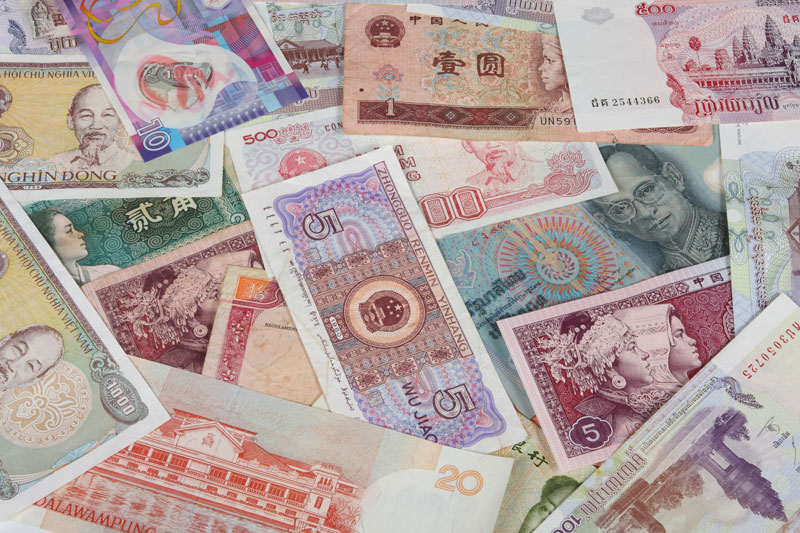How often have you wondered what to with your savings from the old country? Keep your investments abroad or move them to Israel? Should they be converted and invested in shekels or kept in dollars, pounds or euros? How quickly should you convert your money – all at once or over a long period of time?
These questions are among the most common that I am frequently asked. And as with most financial issues that I confront, there is no one answer that fits all. So how do you go about making a complicated decision that can have enormous long term implications?
Here are some points to consider and apply to your personal situation.
- Exchange rate risk
Israel has unique financial constraints and opportunities. Everyone’s finances need to be customized to their new country, and for most people that includes increasing your exposure to the local currency. Keeping savings in the local currency helps to reduce exchange rate risk as you save and invest in the currency that you spend the majority of your money. That’s why there is a local investment bias (ie, people place the majority of their funds in local investments – stocks and bonds etc) in most countries around the world.
- Selecting your optimum exchange rate
With the dollar appreciating over 15% against the shekel during the last four months it’s hard not to ponder what to do with one’s foreign currency savings. Is this a good time to convert or should I wait? My feeling is that it’s generally impossible to time the currency market and thus you can’t expect to always receive the top rate for your dollars. Instead look at long term trends and your short and long term needs, and assess what you feel is a reasonable long term rate for converting. Be realistic and avoid the temptation to be greedy. When your currency reaches the level you have chosen, start converting. So if, for example, you view 3.92 NIS to the dollar as generally above the multi-year averages, don’t wait. Lock in your gains and don’t look back. That 15% gain is significant and locking it in will likely not be something you’ll regret.
- Tax implications
Ensure that you are cognizant of the relevant tax implications of your decision. If you have savings in a retirement savings account, taking it out to convert to shekels might trigger a large tax bill. Selling a business or a home could also lead to large tax exposure, so plan appropriately. If you feel you lack the knowledge to make an educated decision consider consulting with your financial planner or accountant before making any significant financial step to avoid unplanned tax exposure.
- Diversification of income streams
When deciding how much and when to convert your money to shekels, it’s important to see where this money fits into your long term cash flow. If these savings are the only money you’re ever likely to earn in foreign currencies, then the money you have abroad should possibly not be converted as you want to diversify beyond the shekels that represent your income and savings. If you are retiring in Israel and your retirement income is completely dollar based, then convert a larger percentage of your savings into shekels now.
- Global financial restrictions
Having money close by has become increasingly important to people over the years. International financial regulatory environments have become more difficult and gone are the days of an easy transfer and investment around the globe. Depositing and investing money locally can simplify your life and help you avoid situations where you aren’t able to access your money abroad for any one of many possible reasons. This ease of access becomes more important as you age and want to simplify your finances.
- Your specific situation
Consider your unique circumstances. Are you expecting any future inheritances coming from abroad? If so, it might be less necessary to keep your money in a foreign currency. There might be specific reasons why you want to keep your money at a distance and not bring it into the country. Money control issues between spouses, family members (close and more distant) might influence your decision. For some, keeping funds further away will prevent easy access to the money while for others the close proximity is beneficial.
If, after considering the above points you recognize a need to convert your foreign currency, you must have realistic expectations regarding the conversion rate. There are huge risks involved when dealing with currency rates, and whereas getting a good rate may not be as enticing as getting a great rate – it’s infinitely better than getting a worse rate!









